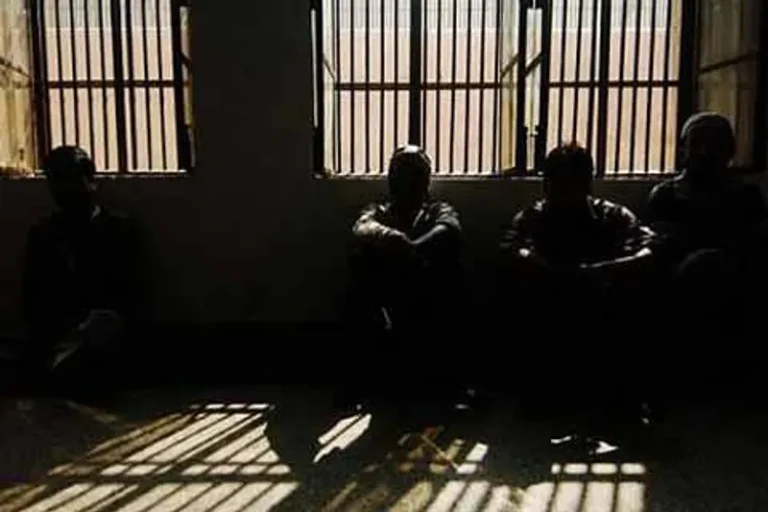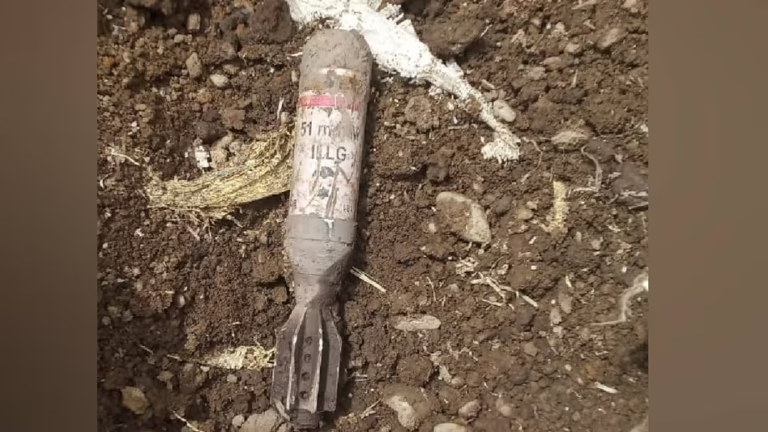8.6 Acres of Poppy Fields Destroyed in Senapati: CM Biren Applauds Coordinated Efforts
Summary
Manipur Chief Minister N. Biren Singh recently commended the successful destruction of 8.6 acres of poppy cultivation in the Senapati district. This operation, part of the state’s ongoing war on drugs, showcased coordinated efforts between state authorities, police, and local communities. The CM highlighted the importance of collaborative action in combating drug production, which poses severe socio-economic and environmental challenges. By prioritizing community involvement, the government is aiming for a drug-free Manipur, securing a healthier future for its youth.
Full Article
Introduction: Manipur’s War Against Poppy Cultivation
Imagine lush green valleys tarnished by the shadow of illegal poppy cultivation. This is the stark reality Manipur has faced for years. However, the tide seems to be turning. Under the leadership of CM N. Biren Singh, the state has launched an aggressive campaign to eliminate this menace, taking another significant step with the destruction of 8.6 acres of poppy fields in Senapati district. But why is this such a big deal, and what does it mean for the people of Manipur? Let’s dive deeper.
The Scale of the Operation
The recent operation in Senapati district was no small feat. The effort involved a well-coordinated task force comprising police officials, local bodies, and environmental activists. Equipped with information from local informants, authorities moved swiftly to uproot the poppy fields that contribute to the illegal drug trade. The 8.6 acres destroyed represent more than just land reclaimed—they symbolize a victory in a larger war against drugs in the region.
This operation aligns with Manipur’s broader mission under its “War on Drugs 2.0” campaign, which has already witnessed the eradication of vast swathes of illegal plantations across the state.
Why Target Poppy Fields?
Illegal poppy cultivation is not just an environmental issue; it’s a ticking time bomb for society. Here’s why:
- The Drug Trade Connection: Poppy fields are a primary source for opium, which fuels the production of heroin—a highly addictive and destructive drug.
- Youth Vulnerability: The easy availability of narcotics in Manipur has been linked to a rise in addiction among young people, threatening the state’s future.
- Environmental Destruction: Poppy farming involves clearing forests, leading to deforestation, soil erosion, and biodiversity loss.
- Economic Drain: The drug trade thrives on exploitation, benefiting a few while leaving communities impoverished.
By targeting poppy cultivation, the government is striking at the root of these interlinked issues.
The Role of Community Collaboration
A key takeaway from the Senapati operation is the role of community involvement. Local residents, many of whom have long suffered from the socio-economic impact of drug-related activities, have started joining hands with authorities to report illegal activities.
This collaboration has been encouraged by CM Biren Singh’s government through awareness programs, incentivizing whistleblowers, and promoting alternative livelihoods. For instance, farmers previously involved in poppy cultivation are now being trained in sustainable agriculture practices, including the cultivation of cash crops like ginger and turmeric.
CM Biren Singh’s Vision for a Drug-Free Manipur
Chief Minister N. Biren Singh’s leadership has been pivotal in transforming the narrative around drug eradication in Manipur. He has often emphasized the need for a multi-pronged approach, which includes:
- Strict Law Enforcement: Deploying police and paramilitary forces to identify and destroy illegal plantations.
- Community Involvement: Empowering local communities to take ownership of their land and resist drug mafias.
- Education and Rehabilitation: Establishing programs to educate youth about the dangers of drug addiction while providing support for rehabilitation.
- Sustainable Alternatives: Promoting environmentally friendly farming methods to replace poppy cultivation.
During his recent statement, CM Biren applauded the “teamwork” that led to the Senapati victory, reinforcing the idea that only a united front can tackle such deep-rooted problems.
Challenges in the War on Drugs
Of course, no battle is without its hurdles. The fight against poppy cultivation in Manipur faces several challenges:
- Drug Mafia Resistance: Drug cartels often resort to threats and violence to protect their lucrative trade.
- Limited Resources: The state’s enforcement agencies often struggle with inadequate manpower and funding.
- Geographical Challenges: Manipur’s rugged terrain makes it difficult to locate and destroy remote poppy fields.
- Socio-Economic Factors: Many farmers turn to poppy cultivation as a last resort due to poverty and lack of viable alternatives.
However, with each successful operation, the state is sending a clear message: drug production will not be tolerated.
The Bigger Picture: Saving Manipur’s Future
The destruction of 8.6 acres in Senapati is more than a localized event—it’s part of a larger vision for Manipur. By tackling the drug problem head-on, the state is working toward:
- Healthier Communities: Reducing drug addiction rates and their associated health costs.
- Environmental Conservation: Restoring forest cover and promoting biodiversity.
- Economic Revival: Encouraging legal, profitable farming practices that uplift communities.
- Youth Empowerment: Creating opportunities for education and employment to steer young people away from drugs.
The coordinated efforts in Senapati demonstrate how systemic change is possible when the government, law enforcement, and citizens work together.
A Call to Action for Other States
Manipur’s proactive approach serves as an inspiring model for other states facing similar challenges. The fight against drugs is a national concern, requiring states to collaborate, share intelligence, and support each other in implementing effective strategies.
FAQs
- What is the significance of destroying poppy fields?
Destroying poppy fields disrupts the supply chain of the illegal drug trade, reducing the production of opium and heroin. - How does poppy cultivation affect the environment?
Poppy farming leads to deforestation, soil degradation, and loss of biodiversity, impacting ecosystems and livelihoods. - What alternative livelihoods are being promoted?
The government is encouraging farmers to switch to sustainable crops like ginger, turmeric, and other cash crops. - What role does the community play in the war on drugs?
Local communities assist by providing intelligence, resisting drug mafias, and adopting alternative livelihoods. - What challenges does Manipur face in eradicating poppy cultivation?
Key challenges include resistance from drug cartels, limited resources, difficult terrain, and socio-economic pressures on farmers.



